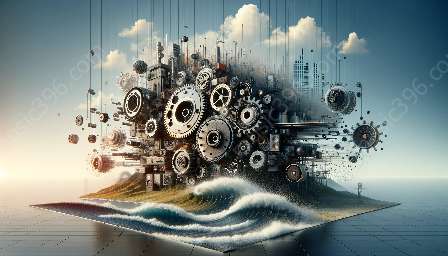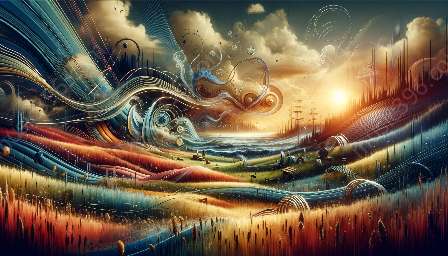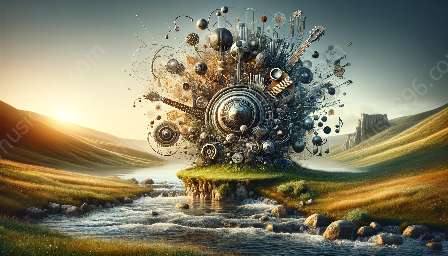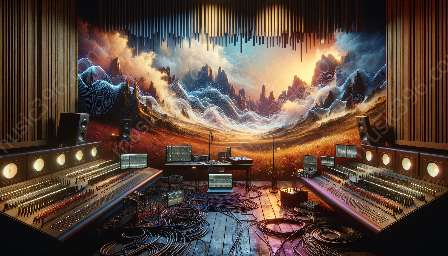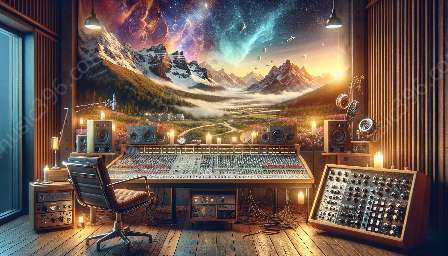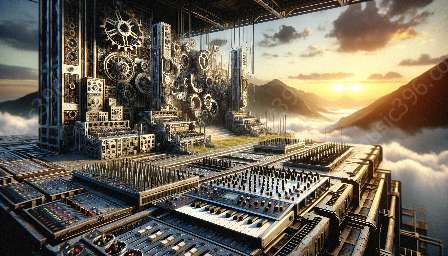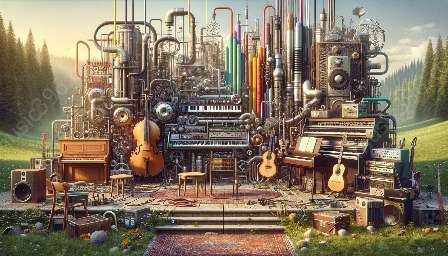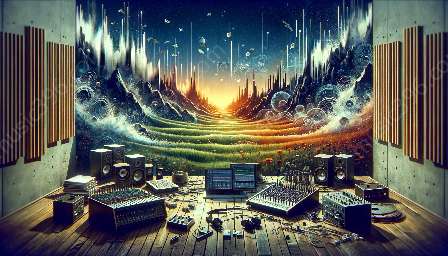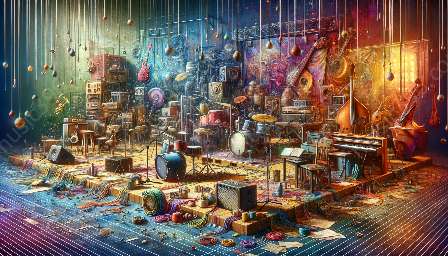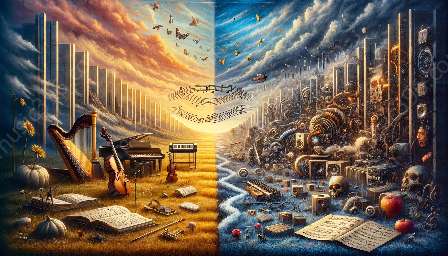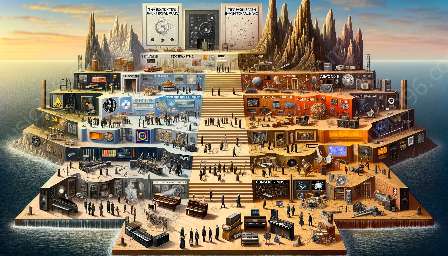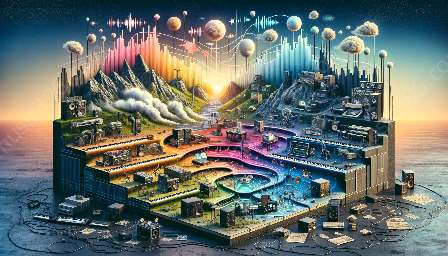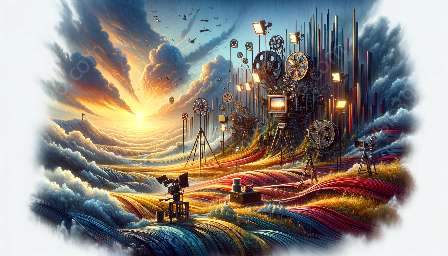Experimental music, with its innovative and unconventional nature, presents unique challenges in protecting its intellectual property. This topic explores the intricacies of intellectual properties and rights in experimental music, as well as their relevance to the experimental and industrial music genres.
Understanding Intellectual Properties and Rights in Experimental Music
Experimental music, known for pushing boundaries and defying conventions, offers a rich landscape for creative exploration. It encompasses a diverse range of styles and techniques, often incorporating unconventional approaches to sound production and composition. As a result, the protection of intellectual property in experimental music becomes an intricate and multifaceted issue.
The Complexities of Copyright and Licensing
One of the primary challenges in protecting the intellectual property of experimental music lies in navigating the complexities of copyright and licensing. Unlike mainstream and commercialized music genres, experimental music often operates on the fringes of traditional copyright frameworks, requiring a more nuanced understanding of intellectual property laws and regulations.
Defining Originality and Innovation
In the realm of experimental music, determining the boundaries of originality and innovation can be particularly challenging. The genre thrives on experimentation and boundary-pushing, which can complicate the assessment of intellectual property rights. Balancing the promotion of creative exploration with the protection of artistic expression poses a delicate challenge in this context.
Legal and Ethical Considerations in the Experimental Music Community
Given the non-conformist and boundary-defying nature of experimental music, the community holds varying perspectives on intellectual property and rights. This diverse spectrum of views can lead to complex legal and ethical considerations, further complicating the protection of intellectual property within the experimental music landscape.
Collaboration and Collective Works
Unlike traditional music compositions, experimental music often involves collaborative efforts and collective works. This collaborative nature introduces intricacies in defining and protecting individual intellectual property rights, as well as navigating the complexities of ownership and attribution within the experimental music community.
Technological Advancements and Digital Rights Management
The rapid evolution of technology has significantly impacted the production, distribution, and consumption of experimental music. The rise of digital platforms and streaming services has introduced new challenges in managing and protecting intellectual property rights, emphasizing the importance of robust digital rights management strategies within the experimental music domain.
Navigating the Intersection of Experimental and Industrial Music
Experimental and industrial music, closely intertwined in their innovative and non-traditional approaches, share common challenges in protecting intellectual property. As these genres intersect, the complexities of intellectual property rights become amplified, requiring a comprehensive understanding of the interplay between experimental and industrial music landscapes.
Cultural and Subcultural Influences
Both experimental and industrial music draw on diverse cultural and subcultural influences, contributing to the intricate tapestry of intellectual properties and rights within these genres. Navigating the multifaceted nature of these influences presents unique challenges in preserving and protecting the authenticity and integrity of the music produced within these creative spheres.
Blurring Boundaries Between Art and Industry
As experimental and industrial music challenge traditional notions of art and industry, the delineation of intellectual property rights can become blurred. Balancing the artistic freedom of creators with the commercial dimensions of the music industry poses intricate challenges in maintaining the integrity of intellectual properties in these genres.
Embracing Innovation While Safeguarding Creativity
Amidst the challenges and complexities of protecting intellectual property in experimental and industrial music, the continual pursuit of innovation and creativity remains paramount. Balancing the need for innovation with the safeguarding of artistic expression represents a harmonious convergence of the pioneering spirit of experimental music with the preservation of intellectual property rights.







